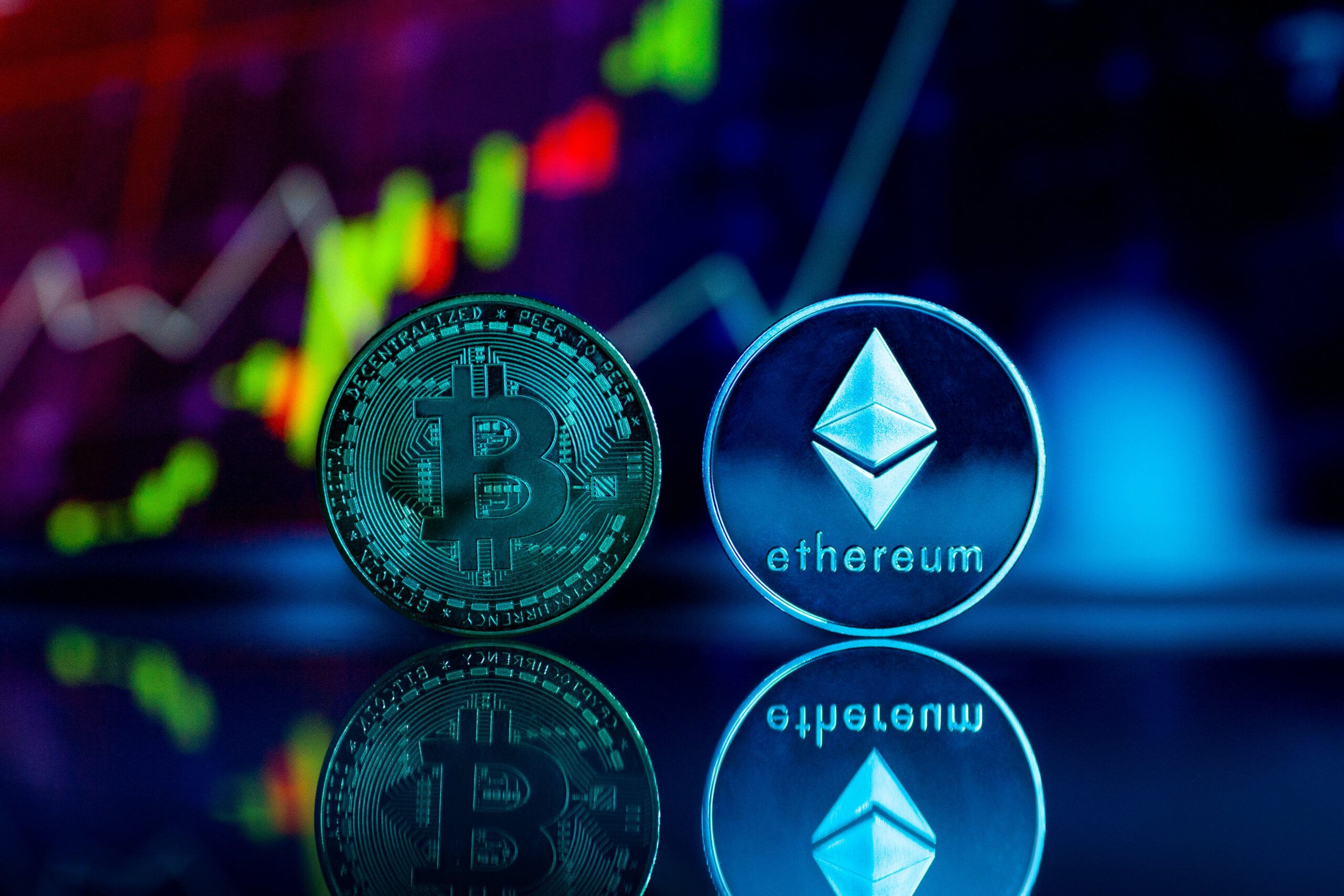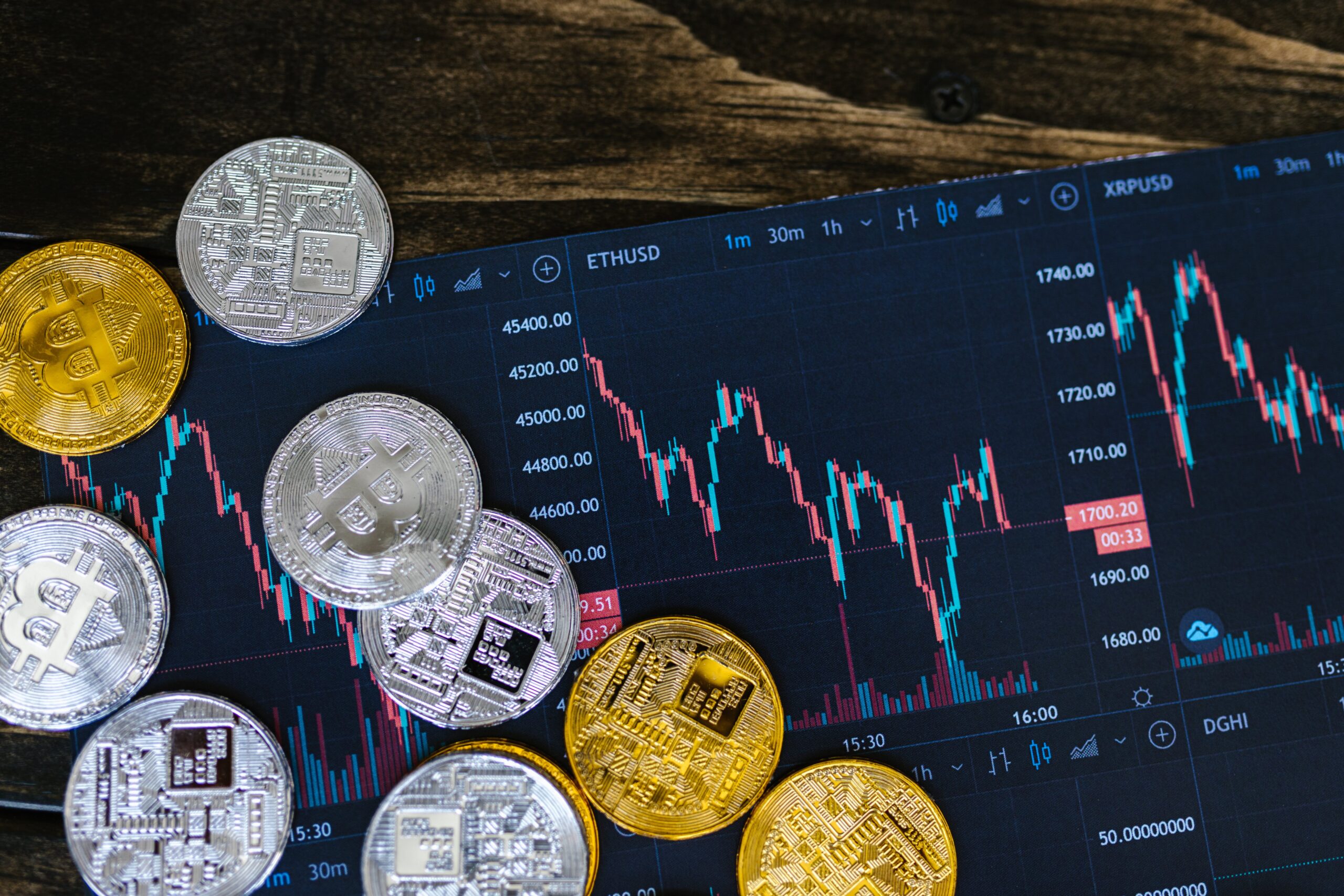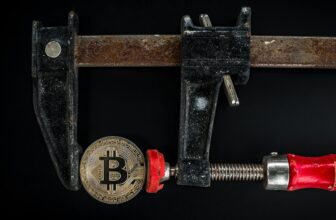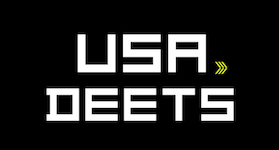
There are plenty of crypto exchanges out there that allow you to trade without going through the KYC process. These exchanges offer a range of features and benefits, making them a popular choice for many crypto enthusiasts.
Here’s a simple comparison table for some cryptocurrency exchanges known for not requiring KYC.
| Exchange | KYC Requirement | Type | Notable Features |
|---|---|---|---|
| Binance | Optional for some services | Centralized | Wide range of trading pairs, liquidity |
| BitMEX | No KYC for trading | Derivatives | Bitcoin futures trading, high leverage |
| Bisq | No KYC | Decentralized | Peer-to-peer trading, privacy-focused |
| LocalCryptos | No KYC | Peer-to-peer | Non-custodial escrow, multiple cryptocurrencies |
| Hodl Hodl | No KYC | Peer-to-peer | Multisig escrow, global user base |
| BarterDEX | No KYC | Decentralized | Atomic swaps, cross-chain trading |
| ForkDelta | No KYC | Decentralized | Ethereum-based token trading |
Here some breif details about each exchange:
- Binance
Binance is one of the largest cryptocurrency exchanges globally, offering a wide range of trading pairs and services. While it initially operated with minimal KYC requirements for withdrawals, its policies may have evolved since then. - BitMEX
BitMEX, known for its derivatives trading platform, has historically not required KYC for users to trade cryptocurrency futures contracts. However, it’s important to note that regulatory pressures and changes in policies may have impacted their operations. - Bisq
Bisq is a decentralized exchange (DEX) that allows users to trade cryptocurrencies peer-to-peer without the need for KYC. It operates on a decentralized network of users and offers a higher level of privacy compared to centralized exchanges. - LocalCryptos
Formerly known as LocalEthereum, LocalCryptos is a peer-to-peer platform that facilitates the buying and selling of cryptocurrencies, including Bitcoin and Ethereum, without KYC requirements. Users can interact directly with each other to trade securely. - Hodl Hodl
Hodl Hodl is another peer-to-peer cryptocurrency exchange that operates without KYC. It offers multisig escrow services to ensure the security of trades between buyers and sellers. - BarterDEX
BarterDEX is a decentralized exchange built on the Komodo platform that allows users to trade cryptocurrencies without KYC requirements. It utilizes atomic swaps to enable trustless peer-to-peer trading. - EtherDelta (now ForkDelta)
EtherDelta was a decentralized exchange for trading Ethereum-based tokens that did not require KYC. While EtherDelta has been discontinued, ForkDelta has emerged as a fork of the original platform and continues to operate without KYC.
What is KYC (Know Your Customer)?
KYC or Know Your Customer, is a process that many traditional financial institutions and some cryptocurrency exchanges use to verify the identities of their customers. While it serves a noble purpose of preventing fraud and money laundering, it can also be a bit of a hassle for those who value their privacy. But fear not!
What does it mean by crypto exchanges without KYC
Crypto exchanges without KYC requirements provide users with a pathway to trade cryptocurrencies without the need for identity verification. These exchanges cater to individuals who prioritize privacy and anonymity in their transactions. By bypassing traditional KYC processes, users can access a range of trading services and cryptocurrencies without disclosing personal information. However, the future of non-KYC exchanges is uncertain amidst increasing regulatory pressures and compliance requirements in the cryptocurrency industry. While they continue to serve a niche market, their long-term viability depends on their ability to adapt to evolving regulatory landscapes and technological innovations while maintaining user privacy and security.
The future of crypto exchanges without KYC
- Regulatory Landscape
One of the most significant factors influencing the future of non-KYC exchanges is the evolving regulatory landscape. Regulators around the world are increasingly focusing on cryptocurrency exchanges to ensure compliance with anti-money laundering (AML) and counter-terrorism financing (CTF) regulations. Non-KYC exchanges may face regulatory scrutiny and pressure to implement stricter identity verification processes to mitigate illicit activities. - Privacy Concerns
Despite regulatory challenges, there remains a demand for privacy-preserving solutions in the cryptocurrency space. Privacy-conscious users may continue to seek out non-KYC exchanges as a way to protect their anonymity and privacy in transactions. However, the balance between privacy and regulatory compliance will likely be a key consideration for the future development of these exchanges. - Technological Innovations
Advances in blockchain technology, such as zero-knowledge proofs and privacy-focused cryptocurrencies, may enable the development of more privacy-enhancing features on non-KYC exchanges. These innovations could potentially address regulatory concerns while preserving user privacy, leading to the emergence of more privacy-conscious exchange platforms. - Decentralized Exchanges (DEXs):
Decentralized exchanges operate without a central authority and often do not require KYC for trading. DEXs have gained popularity for their censorship resistance and ability to facilitate peer-to-peer transactions without intermediaries. The future of non-KYC exchanges may see a greater adoption of DEXs, which offer enhanced privacy features and user control over their funds. - Hybrid Models
Some exchanges may adopt hybrid models that combine elements of centralized and decentralized exchanges. These hybrid platforms may implement KYC for certain services or transactions while offering non-KYC trading for others. This approach allows exchanges to balance regulatory compliance with user privacy preferences.
Please note that this list is not exhaustive, and there are many other cryptocurrency exchanges available.
You can explore the following resources:
- CoinDesk: Regulatory Crackdown on Non-KYC Exchanges
- Crypto Briefing: The Rise and Potential Fall of Non-KYC Exchanges
- The Block: The Future of Privacy in Crypto
Here’s a list of decentralized cryptocurrency exchanges (DEXs):
- Uniswap
- SushiSwap
- PancakeSwap
- 1inch Exchange
- Balancer
- Curve Finance
- Bancor
- Kyber Network
- Loopring
- OasisDEX
- Bancor
- Serum
- Bisq
- Switcheo
- IDEX
These decentralized exchanges operate on blockchain networks and allow users to trade cryptocurrencies directly with one another without the need for a central authority or intermediary.
Here’s a table comparing some popular decentralized cryptocurrency exchanges (DEXs) based on various features:
| Exchange | Year Launched | Blockchain | Supported Assets | Liquidity Pool | Automated Market Making | Governance Token | KYC Requirement | User Interface |
|---|---|---|---|---|---|---|---|---|
| Uniswap | 2018 | Ethereum (ETH) | ERC-20 tokens | Yes | Yes | No (UNI) | No | User-friendly |
| SushiSwap | 2020 | Ethereum (ETH) | ERC-20 tokens | Yes | Yes | Yes (SUSHI) | No | Similar to Uniswap |
| PancakeSwap | 2020 | Binance Smart Chain (BSC) | BEP-20 tokens | Yes | Yes | Yes (CAKE) | No | Intuitive |
| 1inch Exchange | 2019 | Ethereum (ETH), Binance Smart Chain (BSC), others | Multiple | Yes | Yes | Yes (1INCH) | No | Aggregator |
| Balancer | 2019 | Ethereum (ETH) | ERC-20 tokens | Yes | Yes | Yes (BAL) | No | Customizable |
| Curve Finance | 2020 | Ethereum (ETH), Polygon (MATIC) | Stablecoins | Yes | Yes | No | No | Specialized for stablecoins |
| Bancor | 2017 | Ethereum (ETH) | ERC-20 tokens | Yes | Yes | Yes (BNT) | No | Simple |
| Kyber Network | 2017 | Ethereum (ETH), others | Multiple | Yes | Yes | Yes (KNC) | No | Fast |
| Loopring | 2017 | Ethereum (ETH), Layer 2 solutions | ERC-20 tokens | Yes | Yes | Yes (LRC) | No | High throughput |
| OasisDEX | 2017 | Ethereum (ETH) | ERC-20 tokens | Yes | No | No | No | Basic |
| Serum | 2020 | Solana (SOL) | SPL tokens | Yes | Yes | Yes (SRM) | No | Fast and low fees |
| Bisq | 2014 | Bitcoin (BTC), others | Multiple | Yes | No | Yes (BSQ) | No | Desktop app |
| Switcheo | 2018 | Ethereum (ETH), Neo (NEO) | NEP-5, ERC-20 | Yes | Yes | No | No | Intuitive |
| IDEX | 2017 | Ethereum (ETH) | ERC-20 tokens | Yes | Yes | No | Yes | Advanced |
This table provides an overview of various decentralized exchanges based on factors such as blockchain, supported assets, liquidity pool, automated market making, governance token, KYC requirement, and user interface.
How To Pick A No KYC Exchange
When selecting a no-KYC (Know Your Customer) exchange, consider the following factors:
- Reputation and Trustworthiness
Choose exchanges with positive reviews and a good reputation within the cryptocurrency community to reduce the risk of encountering scams or security breaches. - Security Measures
Look for exchanges that prioritize security, such as implementing two-factor authentication (2FA), cold storage for funds, and regular security audits. - Range of Assets
Consider the variety of cryptocurrencies and trading pairs available on the exchange to ensure it meets your trading needs. - Liquidity
Opt for exchanges with high trading volume and liquidity to facilitate smoother trades and minimize slippage. - User Interface and Experience
Choose platforms with user-friendly interfaces and intuitive features to make trading easy and efficient. - Customer Support
Ensure the exchange provides responsive customer support to address any issues or inquiries promptly. - Privacy Features:
Look for exchanges that offer additional privacy features, such as encrypted messaging or decentralized trading, if privacy is a priority for you. - Regulatory Compliance: While the exchange may not require KYC, ensure it complies with relevant regulations in its jurisdiction to mitigate legal risks.
By considering these factors, you can make an informed decision when choosing a no-KYC exchange that aligns with your preferences and trading goals.
Conclusion
Crypto exchanges without KYC offer a convenient and secure way to trade cryptocurrencies and other assets. By diversifying your investment portfolio and including a variety of assets in your trust fund, you can protect your wealth and achieve long-term financial success. So what are you waiting for? Start exploring these KYC-free exchanges today and take control of your financial future!
References
Here are some reputable sources where you can find more information about cryptocurrency exchanges without KYC requirements:
Binance
- Official website: Binance
- Binance FAQ: KYC Requirements
BitMEX
- Official website: BitMEX
- BitMEX Blog: KYC Policy Update
Bisq
- Official website: Bisq
- Bisq GitHub: Source Code and Development
LocalCryptos
- Official website: LocalCryptos
- LocalCryptos FAQ: KYC Policy
Hodl Hodl
- Official website: Hodl Hodl
- Hodl Hodl Blog: Announcements and Updates
BarterDEX
- Official website: BarterDEX
- Komodo Platform Wiki: BarterDEX Documentation
ForkDelta
- Official website: ForkDelta
- ForkDelta GitHub: Source Code







